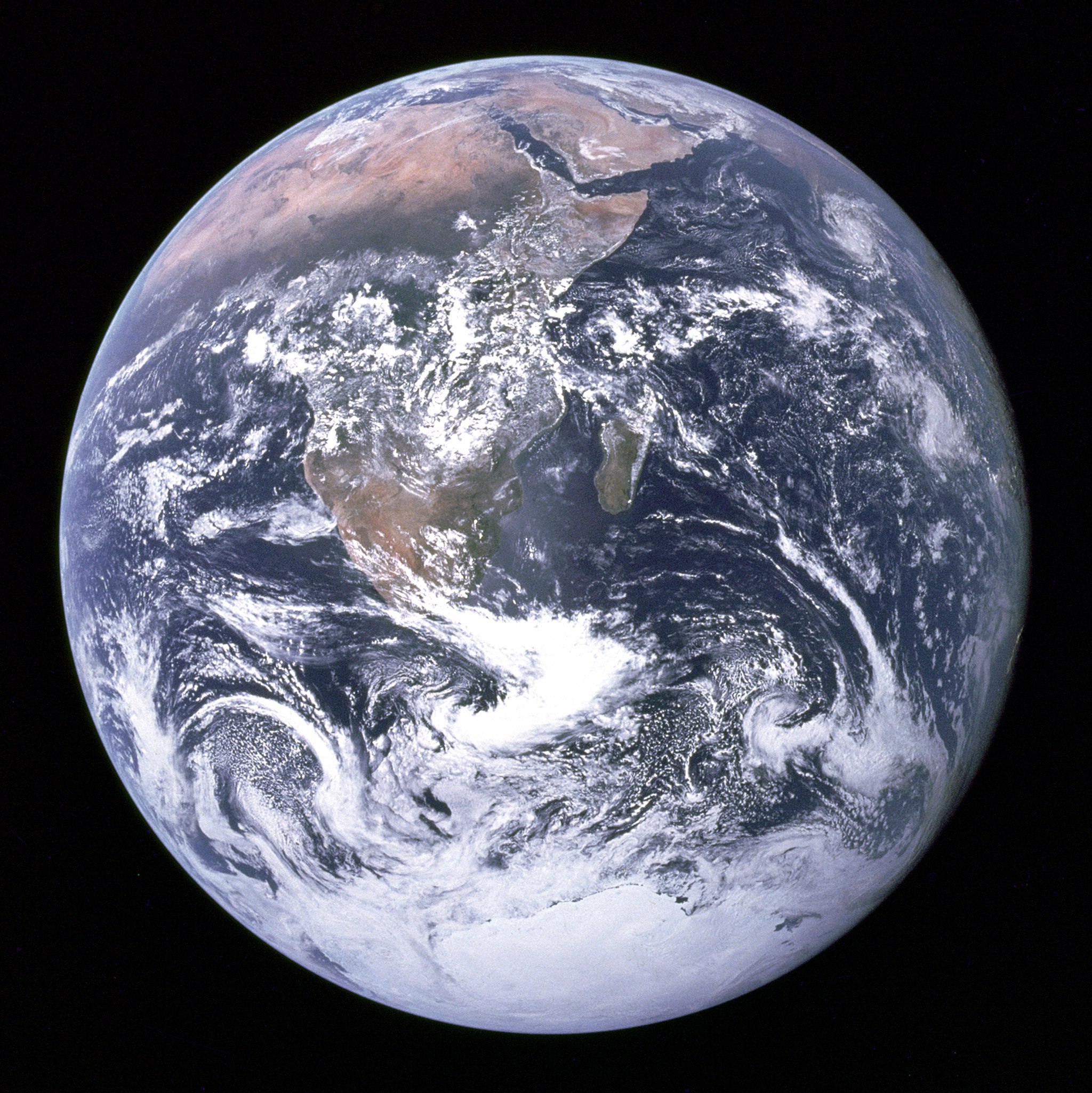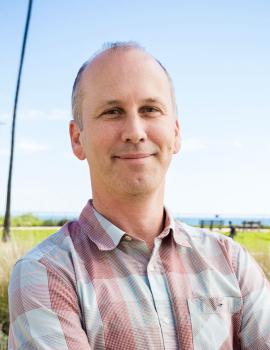
A key challenge to maintaining a stable Earth in a time of global change has been the lack of shared guidelines and quantitative measures to help us avoid overstepping the tipping points of Earth’s various systems. How much is too much strain on our resources before the planet is unable to support the human species? Precious few targets, such as the Paris Agreement’s 1.5 degree Celsius cap on global warming, have been established.
Now, with the formation of the inaugural Earth Commission, a select group of scientists have been chosen to identify risks, guardrails and targets for the planet. It’s the first holistic attempt to establish global and regional scientific goals for a stable and sustainable planet, at a time when increasing human population and changes to the climate are resulting in unprecedented threats to habitats, biodiversity and food and fresh water supply.
Among these scientists, who hail from around the globe, is Bren School marine ecologist Ben Halpern. His expertise in ocean health combined with his skills in data synthesis will inform the science-based targets the commission is working to develop.
“It is of course an honor, and a responsibility to be part of the Earth Commission,” said Halpern, who directs the National Center for Ecological Analysis and Synthesis (NCEAS) at UCSB. “But it is also saddening to realize we need an Earth Commission at all. I wish the planet were in better condition and that our Commission was unnecessary.”
Halpern joins 18 other scientists, each with expertise in the various systems that support life on Earth — from ecosystems and climate to health risks and social-ecological dynamics. Thirteen countries from around the world are represented in this initial panel of scientists.
Read full story at: The UCSB Current
Credit: Sonia Fernandez



